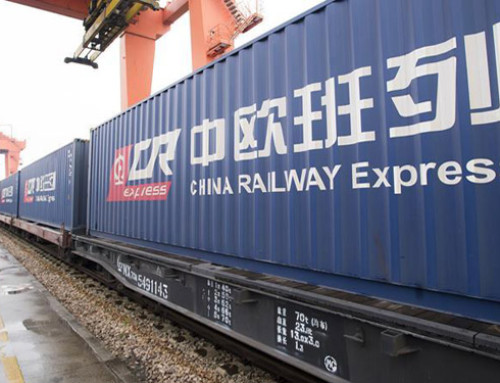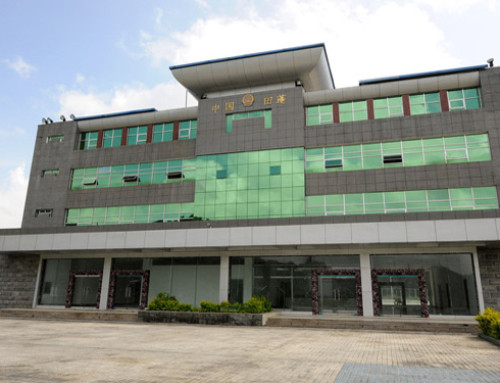BEIJING – Data released on Tuesday showed that China’s fiscal revenue in the first quarter of this year increased by 6.2% year-on-year to 5.36 trillion yuan (about 800 billion US dollars).
According to the Ministry of Finance (MOF), the central government’s fiscal revenue was about 2.53 trillion yuan, a year-on-year increase of 5.4%, while the local government’s fiscal revenue increased by 6.8% to 2.83 trillion yuan.
Tax revenues increased by 5.4% to 4.67 trillion yuan, but growth continued to slow. In the first quarter, tax revenue decreased by 11.9 percentage points year-on-year.
The ministry said that this decline was attributed to China’s newly revised tax exemption and deduction policy.
According to the classification, personal income tax revenue decreased by 29.7% year-on-year to 323.9 billion yuan. According to MOF data, stamp duty on stock transactions fell 4.2% year-on-year to 39.7 billion yuan, while tariff revenue fell 4.8%.
According to the ministry, China’s fiscal spending rose 15% year-on-year to more than 5.86 trillion yuan in the first quarter.
Social security, employment and education account for the largest share of fiscal expenditure, while spending on transportation, energy conservation and environmental protection continues to grow rapidly.
According to a government work report submitted to the annual meeting of the highest legislative body in China on March 5, China will implement a job-oriented policy this year, aiming to create more than 11 million new urban jobs.
The country will maintain a positive fiscal policy stance in 2019, with a high ratio of deficit to gross domestic product to set aside policy space to address potential risks.
From April 1st, the country began to cut VAT in a number of industries, including manufacturing, transportation and construction, which will affect revenue growth.
However, the Ministry of Finance said that tax incentives will reduce the burden on enterprises, stimulate market vitality, and strengthen the stability of the country’s macroeconomic growth, and said that China will achieve its annual income growth target.
In 2018, due to the implementation of a number of tax reduction policies by the government, taxes and fees imposed by enterprises and individuals decreased by about 1.3 trillion yuan.













